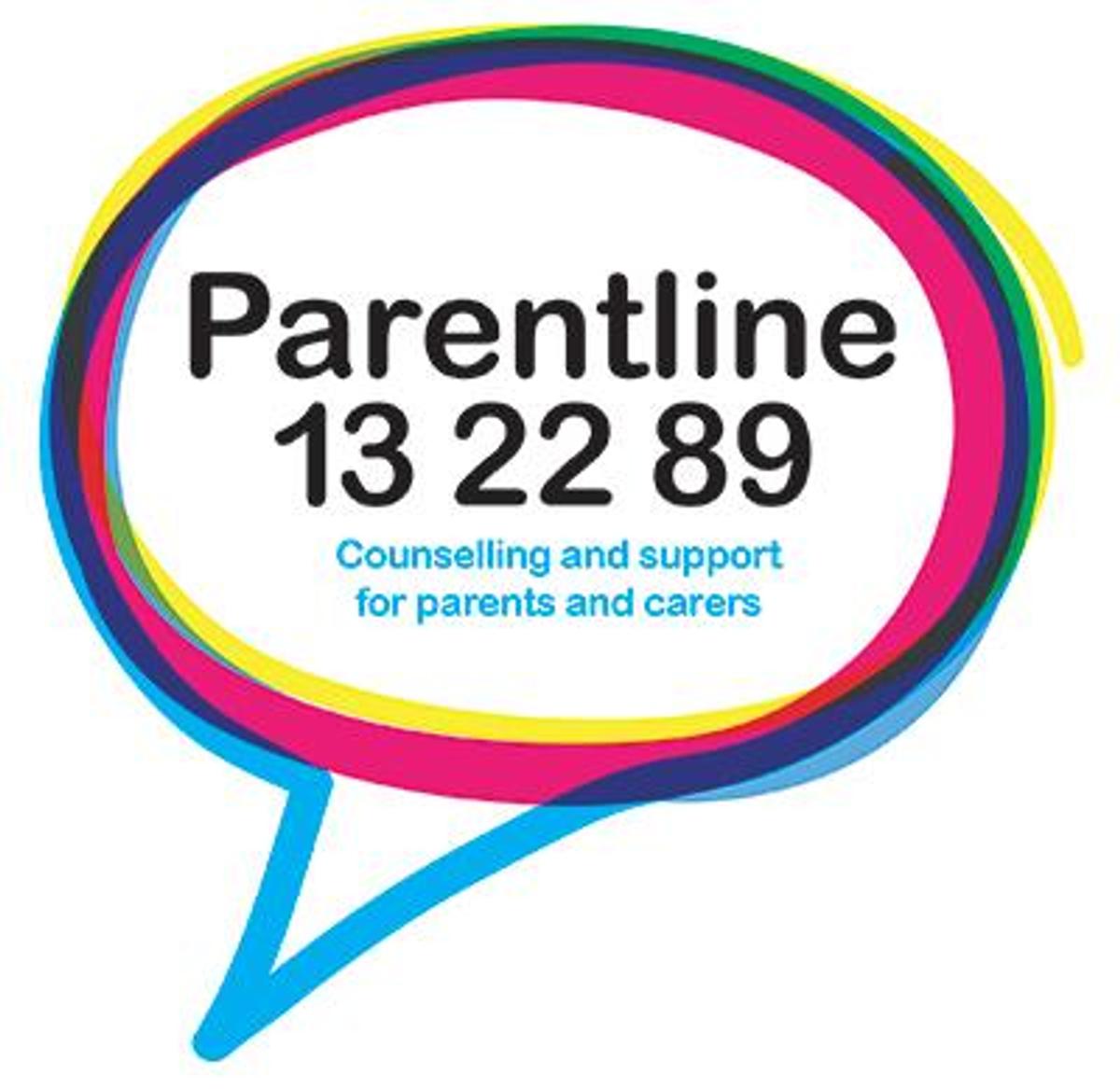Parent Wellbeing

How Perfectionism in Teens Affects Mental Health
We all want our kids to aim high, right? So, it makes sense why we might think perfectionism in teens is a good thing. But while it’s true that perfectionists often excel in school, sports, or the arts, perfectionism can also lead to serious stress, anxiety, and even health issues. Even some top athletes have recently opened up about their struggles with perfectionism.
So, what makes perfectionism so tricky, and how can we help our kids avoid its downsides?
Why Are Some Teens Perfectionists?
About 25% to 30% of teens deal with “maladaptive perfectionism”—trying so hard to be perfect that it ends up hurting them. Part of this comes from genetics and watching perfectionistic parents. But the biggest influence is their environment.
Having high standards (what researchers call “perfectionistic strivings”) isn’t always bad. A balanced teen can feel good about their effort, no matter the outcome, and learn from mistakes.
Healthy Striving vs. Toxic Perfectionism
Problems start when anything less than perfect feels like a failure. A perfectionist who’s overly critical and scared of mistakes (known as “perfectionistic concerns”) often struggles with mental and physical health. Toxic perfectionism in teens can look like:
- Holding themselves to super high standards
- Being overly sensitive to mistakes
- Seeing mistakes as failures
- Thinking in black-and-white terms (all-or-nothing)
These tendencies can lead to feelings of shame, guilt, and embarrassment. To avoid these feelings, a perfectionist teen might procrastinate, freeze up, or give up altogether. Or they might work so hard that they burn out. Either way, it becomes even harder for them to handle future mistakes in a healthy way.
Avoiding mistakes keeps the cycle of perfectionism going and messes with learning. A teen can’t get good at something new if they don’t try. They won’t grow if they only stick to things they’re already good at, and they’ll miss out on important learning experiences.
Three Types of Toxic Perfectionism
Your child might show one or a mix of these types of perfectionism:
Self-oriented perfectionism: Setting unrealistically high standards for themselves. This can lead to anxiety, depression, eating disorders, and burnout. Studies show self-critical perfectionism leads directly to psychological distress.
Socially prescribed perfectionism: Trying to meet unrealistically high standards they think others expect of them. Even just feeling pressure from parents, coaches, and teachers can trigger these tendencies.
Other-oriented perfectionism: Holding other people to unrealistically high standards. This often shows up as blame, lack of trust, cynicism, loneliness, relationship problems, and narcissism.
Perfectionism can also show up as anger, anxiety, depression, attention-seeking, fear of disapproval, and, in extreme cases, suicidal behaviour. It can trigger physical stress symptoms like digestive problems, headaches, migraines, and sleep disorders. Living with an overactive critical inner voice adds to the stress.
Signs Your Teen Might Be a Perfectionist
Perfectionism isn’t a mental health disorder, so there's no official list of symptoms. But it might show up in these ways:
- Trouble finishing assignments because the work is never “good enough”
- Intense anxiety about failing
- High sensitivity to criticism
- Extreme frustration when mistakes happen
- Procrastinating to avoid tough tasks
- Being very self-critical, self-conscious, and easily embarrassed
- Difficulty making decisions and prioritizing tasks
- Being extremely critical of others
Unpredictable, uncertain, and uncontrollable situations are especially stressful for perfectionists. This explains why the pandemic was so tough for perfectionist teens. Because perfectionism and anxiety are so closely linked, a perfectionist teen may also find many everyday situations more stressful than others do.
How Perfectionism and Anxiety Reinforce Each Other
Researchers see a strong link between perfectionism and anxiety, which is also rising among teens. Recent studies show that people with extreme perfectionism are the most likely to suffer negative mental health effects from COVID-related stress.
Here's how perfectionism and anxiety feed into each other
Repetitive negative thoughts: Teens might obsess over past mistakes or worry about future failures.
Low tolerance for discomfort: Perfectionist behaviors can be a way to avoid the discomfort of making mistakes or feeling out of control.
Frequent stress: Teens with low tolerance for distress find many situations stressful.
Learned helplessness/worthlessness: Failing to meet high standards over and over reduces their confidence.
Avoidance as a coping strategy: Trying to avoid the discomfort caused by perfectionism increases the potential for future anxiety.
How to Help Your Perfectionist Teen
Helping a perfectionist child is a delicate balance, especially if you're a perfectionist yourself. Even well-meaning advice can sometimes be seen by teens as criticism. Here are some tips to keep things balanced and supportive:
Educate your child about perfectionism.
Help them understand the downsides of their perfectionism. Explain its true costs, especially the problems with a negative view of mistakes. Teach them how to reframe their thoughts and replace self-criticism with self-compassion.
Help your child focus on what they can control
Remind your child that they can control their attitude, effort, and actions. Help them see that many aspects of success (or failure) are beyond their control.
Celebrate growth from mistakes
Let your child know you value their effort, no matter the outcome. Share your own mistakes and what you learned from them. Maybe have a dinner-table tradition of celebrating the day's highs and lows, focusing on finding positives in tough situations.
Model acceptance and flexibility
It's normal to want the best for your kids, but make sure you're not too rigid in your expectations. Check in with your child with empathy and be open to adjusting your hopes if they're not helping your child.
Seek Professional Help if Needed
If perfectionism is causing significant stress for your teen, seeking professional help can be a valuable step. Therapists can offer personalized support using various approaches, including cognitive-behavioural therapy (CBT) and person-centred techniques.
Cognitive-Behavioural Therapy (CBT): CBT helps teens identify and challenge unrealistic standards and negative thoughts. It promotes healthier beliefs about their abilities and self-worth by working through specific thought patterns and behaviours that contribute to perfectionism.
Person-Centred Therapy: Person-Centred therapy focuses on creating a supportive and empathetic environment where your teen feels understood and valued. This approach encourages them to explore their feelings and thoughts about perfectionism at their own pace, fostering self-acceptance and personal growth. It emphasizes the importance of a positive therapeutic relationship, where the therapist listens without judgment and supports the teen in finding their own solutions.
Mindfulness Practices: Mindfulness can help teens become more aware of their perfectionistic tendencies and manage the anxiety or stress associated with them. By practicing mindfulness, they learn to stay present and view their experiences with greater acceptance.
Building Coping Skills: Therapists also work with teens to develop practical coping strategies and problem-solving skills. This approach supports a balanced and fulfilling approach to setting and achieving goals, encouraging resilience and flexibility.
A combination of these approaches can provide a comprehensive and supportive environment for your teen, helping them navigate perfectionism in a way that aligns with their personal needs and goals.
Parent Support Services
Parentline: 13 22 89
Youth Support Services
headspace: visit headspace.org.au to find your nearest centre or call headspace on
1800 650 890.
Kids Helpline:
1800 55 1800 or kidshelpline.com.au
ReachOut: reachout.com.au
SANE Australia: 1800 187 263 or sane.org
National 24/7 crisis services
Lifeline:13 11 14 or lifeline.org.au
EACH Community Health: 1300 003 224
Knox Youth Services: 9298 8469
Suicide Call Back Service: 1300 659 467 or suicidecallbackservice.org.au
beyondblue:
1300 224 636 or beyondblue.org.au
Student Wellbeing Team
Email: wellbeing@wantirnacollege.vic.edu.au
Ashleigh Bibby - Leader of Wellbeing
Guiseppe Relia – Wellbeing Counsellor
Talea-Jane Simpson – Wellbeing Counsellor
Sanela Avdic - Wellbeing Counsellor
Lea Marrison - Mental Health Practitioner
Tajinder Wulff - Mental Health Practitioner
Katrina Gyngell - Mental Health Practitioner

